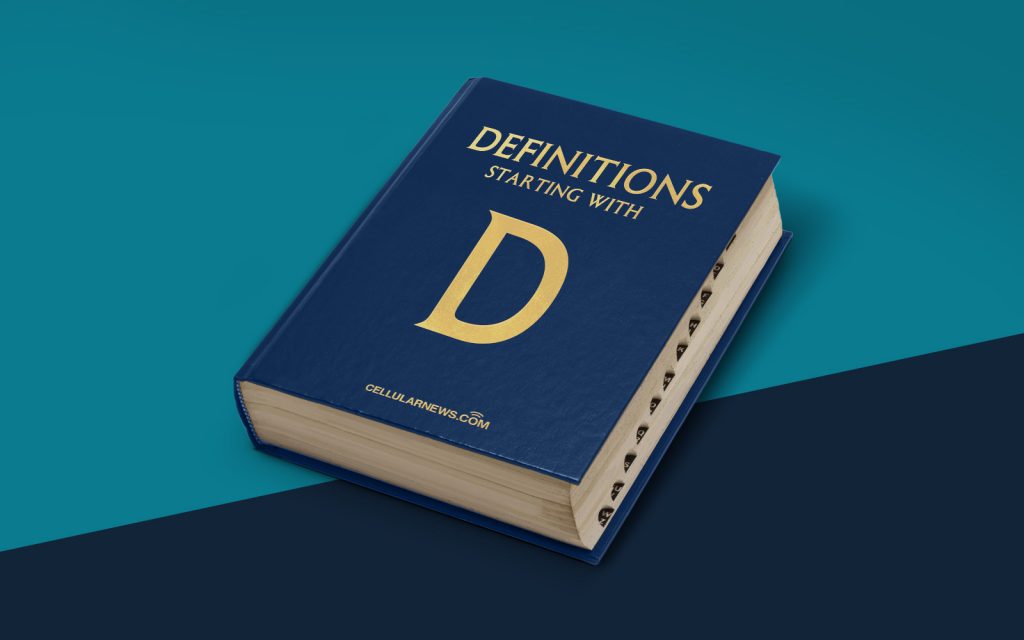
What is a Dictionary?
Welcome to the “Definitions” category on our page, where we explore various concepts and terms to provide you with clear and concise explanations. In today’s edition, we will tackle the age-old question: What is a dictionary?
At its core, a dictionary is a comprehensive collection of words, phrases, and their meanings. It serves as a reference tool that allows individuals to look up the definitions, pronunciations, etymologies, and sometimes even translations of words.
Key Takeaways:
- A dictionary is a reference tool that provides definitions, pronunciations, etymologies, and translations of words.
- It helps individuals understand the meanings and proper usage of words.
Dictionaries have been an essential part of human civilization for centuries, and their significance remains undeniable even in today’s digital age. While we often associate dictionaries with the physical books that line the shelves of libraries or sit atop study desks, online dictionaries have become increasingly popular.
So, why do we need dictionaries when we have search engines and instant access to information? Let’s explore the advantages of using a dictionary:
1. Clear and Concise Definitions
Unlike search engines, dictionaries provide precise definitions that eliminate ambiguity. They offer concise explanations that help individuals grasp the true meaning of a word quickly. Whether you’re a student working on an assignment or simply looking to expand your vocabulary, a dictionary can provide you with the clarity you need.
2. Language Learning and Enrichment
A dictionary is an indispensable tool for anyone learning a new language or striving to enhance their language skills. It not only helps beginners understand the meaning of words but also explores their usage and provides examples that aid in comprehension.
Furthermore, dictionaries often list synonyms, antonyms, and related words, allowing individuals to strengthen their vocabulary and express themselves more effectively. They also provide information on word origins and usages, giving language enthusiasts insight into the evolution of language over time.
Nowadays, dictionaries come in various forms, including online versions, mobile apps, and even voice-activated virtual assistants. The flexibility and accessibility of these digital dictionaries make it easier than ever to carry a vast wealth of language knowledge in your pocket.
In conclusion, a dictionary is not just a book or an online tool; it is a gateway to understanding, learning, and enriching your vocabulary and comprehension. Whether you’re a language lover, a student, or simply someone seeking clarity in the world of words, a dictionary is an indispensable resource that can unlock new horizons.
